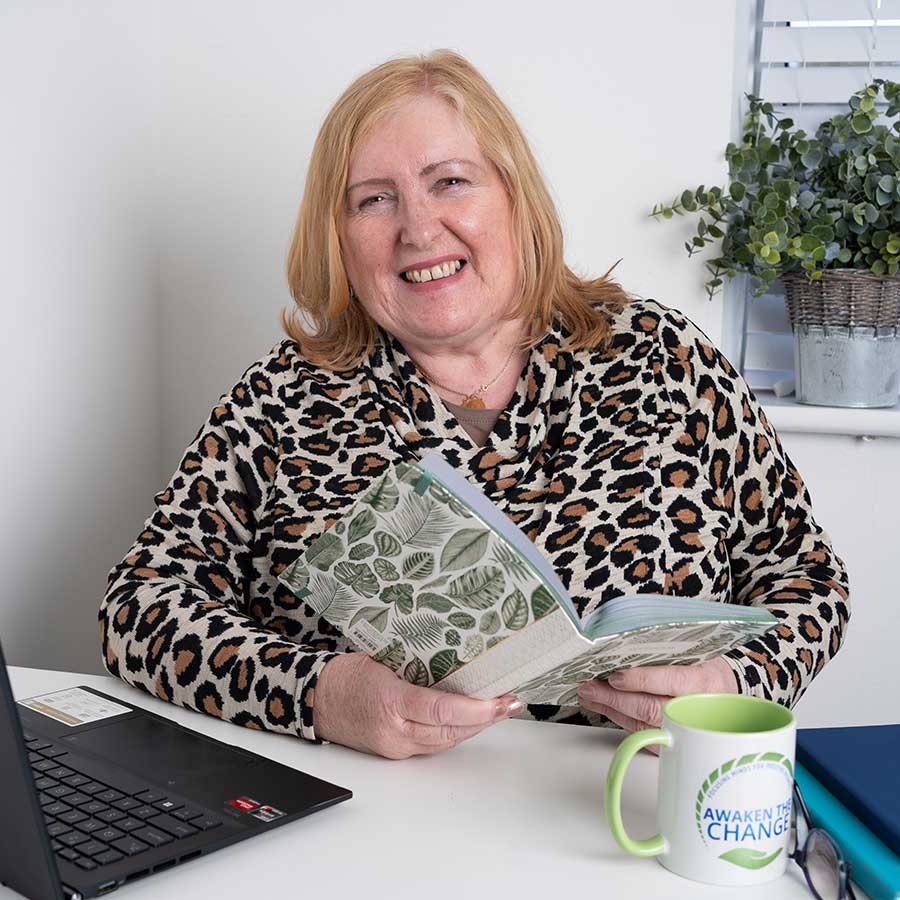Nurses, we know that nursing is a high-pressure job because of its nature, patient care, and long shifts, which can result in stress at work.
Maybe you are a nurse in training feeling overwhelmed due to deadlines, assignments, exams, and placements. Or perhaps you are a qualified nurse struggling with workload and family life. Whoever you are, nurses will all have unique experiences of stress and anxiety.
Introduction
Do you feel on the brink? Nurses have always felt under pressure, but the demands seem to be much greater nowadays.
COVID played its toll.
A lack of staff never seems to end.
And paperwork feels like it is increasing.
Maybe you feel undervalued.
Nevertheless, many other contributing factors, including health and resilience, also contribute. One study, which used 870 participants, showed that long shifts of eight to twelve hours, low staffing levels, and no choice in the shifts worked all contributed to nurses’ increased risk of burnout.
On bad days, you might have thought about giving it all up, but you really don’t want to do that; you want to find a way to make things easier.
Unfortunately, many nurses face stress and anxiety every day and risk getting emotionally exhausted and burned out.
Stop for a moment.
Reflect on how you are feeling. Are you stressed? Worse still, are you heading for burnout?
One solution is to use the power of your mind to relax and control negative thoughts and feelings using hypnotherapy.
What is stress for nurses?
Stress can be viewed in different ways. There are biological, physical and psychological reasons for stress.
Lots of people talk about feeling stressed when they are busy, but stress is more than being busy; it’s something that can have a big impact and can lead to anxiety and other health-related problems.
Usually, nurses think of stress as pressure on their time, money, work and relationships.
Managers call them demands.
Nurses have all kinds of stressors to deal with because their jobs feel like they are out of control. For example, maybe there is a lack of control over the shifts you are allocated, demands increasing without you knowing all the causes or solutions, a lack of skills when faced with a difficult decision, pressures to do more training and development, and you also are dealing with juggling family life.
Nurses and the Stress Epidemic
According to the Royal College of Nursing (2023),
The most recent data on staff sickness from NHS England shows more than 1.5 million nurse and health visitor days were lost in 2022 due to anxiety, stress, depression and other psychiatric illness – on average, one in every five sickness days were lost to mental health issues.
Royal College of Nursing 2023.
But it doesn’t need to be all doom and gloom.
Identifying that you have a problem is the first step.
Doing something about it is the next step.
Help for stressed nurses
The solution is not to drink lots of alcohol or ignore your health and well-being.

Nurses have many options for getting help if they feel stressed, but everything is about taking action.
- Self-help: Take time out to relax. Try meditation, Mindfulness, or get a massage. Do things you enjoy: hobbies, art, exercise, mixing with good friends and family, going out in nature, and enjoying pets. Ask for help from others, including family and work colleagues. Check your diet.
- Help from your employer. Your organisation will have policies and processes to help nurses. For example, you can speak with your manager or go to your HR or occupational health departments.
- Help from your training department or university. Speak to your course leader, tutors or librarians, go to the university counselling service, or buddy up with another nursing student and work on things together.
- Professional help. Speak to your doctor for medication or a referral to the NHS counselling services. Nurses can also book private appointments with a counsellor, hypnotherapist, coach, or other qualified complementary health practitioner.
How hypnotherapy can help nurses
Hypnosis is a natural process. It is a tool. When used with therapy (counselling, psychotherapy etc.). It can help nurses reduce stress and anxiety, increase mental clarity and well-being and build resilience.
It involves a state of focused attention when positive suggestions are given in a variety of ways to help reframe negative patterns of thinking and behaving.
Hypnotherapy is delivered by a hypnotherapist, but it is also possible to use self-hypnosis.

Hi, I’m Linda, an experienced hypnotherapist and retired nurse. I offer a unique service to nurses and other healthcare professionals because with over 30 years working in healthcare, I understand many aspects of the National Health Service and the private sector.
The hypnotherapy process
If you want to find out more, go to my website and book a free initial online consultation.


